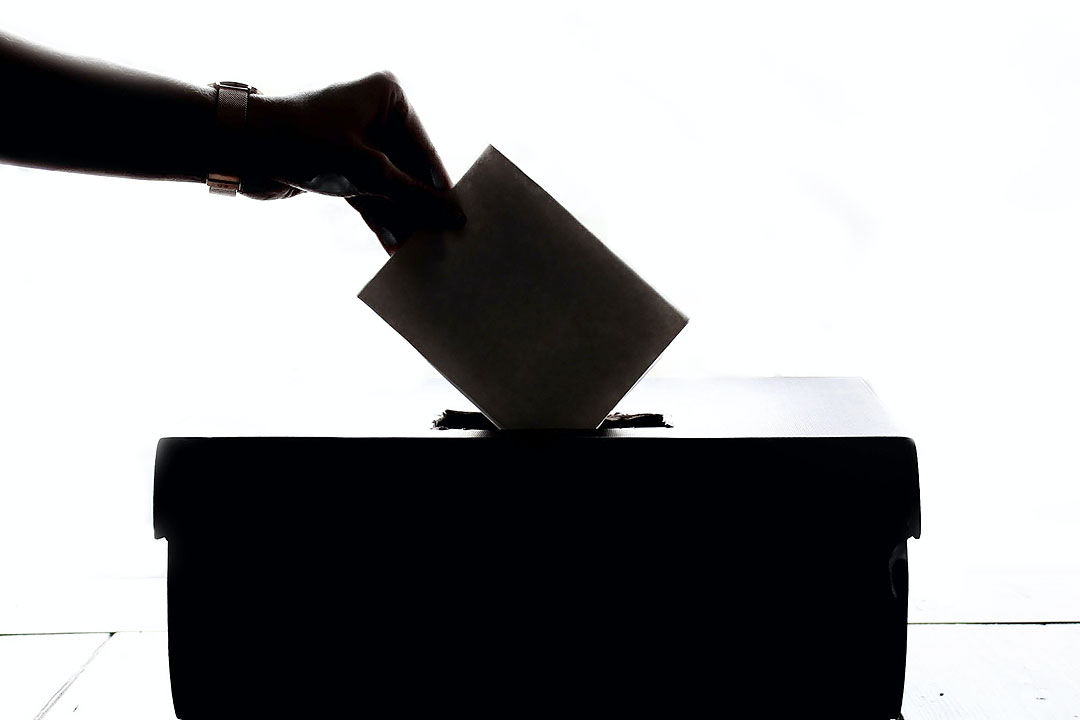Cheating still the biggest threat to elections in 2025 — watchdog

IF CONCERNS about election systems would go unresolved, the biggest threat to the 2025 Philippine midterm elections would still be cheating, election watchdog Kontra Daya said over the weekend.
“Electoral fraud, both traditional and electronic, remains the biggest threat to electoral integrity,” Kontra Daya Spokesperson Maded N. Batara III told BusinessWorld in a Viber message.
Concerns about the integrity of the elections continue to hound the government as agencies remain vulnerable to cyberattacks, alarming the election watchdog to the susceptibility of the country’s automated poll system to manipulation.
“Electronic attacks against our election systems are very much a possibility,” Mr. Batara said. “It is something that our government has already (been) warned against as early as now.”
He said the government should look into preventing the electronic manipulation of ballots, especially as the Commission on Elections (COMELEC) awarded a new company to lead the automated poll system for the upcoming midterm elections.
South Korean company Miru Systems Co. Ltd. was awarded the P18-billion contract by COMELEC to run the country’s electronic poll system after the previous contractor was disqualified from further facilitating automated elections in the country.
COMELEC disqualified Smartmatic Corp. from participating in subsequent Philippine elections due to allegations of bribery in 2016 involving the company and then elections chairman Juan Andres D. Bautista.
“We should also be wary of electronic manipulation of ballots especially as we have a new, untested electoral provider,” Mr. Batara said.
Party-list Rep. France L. Castro said in a statement that Miru Systems’ “past failures” in other countries “highlight the significant risks” to the country’s stability as vote manipulation continues to be a threat for the coming elections.
Last month, the South Korean technology firm that will supply election equipment for the Comelec belied claims that its vote counting machines had been exposed for defects and electoral fraud in previous elections.
At a Senate hearing, Miru Chief Executive Officer Chung Gin Bok said his company’s vote counting machines did not malfunction during the 2018 Iraq elections nor in the elections in the Democratic Republic of Congo
“There were no defects or problems with the machines that were placed there (Iraq), or [with] any accounting or tallying results,” Mr. Chung said through an interpreter, adding that it was “the incumbent [who] was insistent with the manual recount.”
Mr. Batara said that electronic voting machines should be audited by election experts to verify their capacity to “count and deliver votes accurately.”
“Every step of the voting system must be audited externally by cybersecurity firms and election watchdogs so they may look for possible vulnerabilities,” he said.
The audit should include checking Miru System’s physical hardware and automated polling software and setting up and transportation of vote-counting machines to polling precincts.
“Any clear gaps or vulnerabilities should be assumed to be exploitable and fixed immediately, especially given the stakes at play in the next elections,” Mr. Batara said. — Kenneth Christiane L. Basilio
